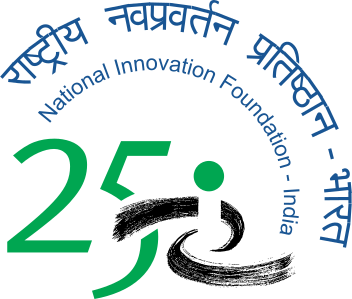NAGPUR: Instead of copying the supposedly best practices from the West, Indian scientists and technocrats should look for 'next' practices that will help them move ahead. This is true for innovations both in education as well as technology. Next practices will pave way for inclusive growth which will help reduce the widening gap between the richest and the poorest. So said director general of Council of Scientific and Industrial Research (CSIR) and President of Global Research Alliance Raghunath Mashelkar while talking to TOI on Wednesday.
Promoting the philosophy of 'more from less for more people', a concept he has been promoting widely, Mashelkar said he felt unless more innovations reached more people, the gap between the rich and the poor would continue to widen. "We need to move beyond the conventional methods of developing a product.
That does not mean we produce cheap knock-outs of existing technologies. The challenge involves harnessing sophisticated science and technology to invent, design, produce and reach high technologies to masses at affordable prices," he said.
Mashelkar was in city to inaugurate the three-day international conference on 'chemistry for mankind' organised jointly by Nagpur University and chemistry departments of SFS College and Institute of Science. The conference being organised as a part of the 'year of chemistry' celebrations has brought the top scientific community of world to city.
Mashelkar said Tatas' Nano car was an ideal example of inclusive innovation. Some other examples include the 'Chhotukool', world's cheapest refrigerator by Godrej and Boyce, the drop in cost of hepatitis B vaccine and a Nano laptop designed by Indian Institute of Science and IIT which would be available in market this year. A cost-effective revenue model developed by Arvind Eye Care was making thousands of blind poor avail free or nearly free treatment. Paper based diagnostics coupled with calorimetric technology were yet another example of inclusive innovation.
He stated that the challenge for scientific community was in moving from low-cost technology to ultra low-cost and from incremental innovations to disruptive innovations. If this happened the products and services could be reached to masses in not just affordable but extremely affordable costs. It would empower the masses, he added.
On innovations in chemistry, Mashelkar stated that the subject was at the core of all sciences but from now on innovations for masses would be possible through responsible chemical engineering.
"Splitting water in ambient conditions, developing a solar-based water treatment and distribution system, developing superconductors at room temperature are some challenges that will change the face of science," he said.






